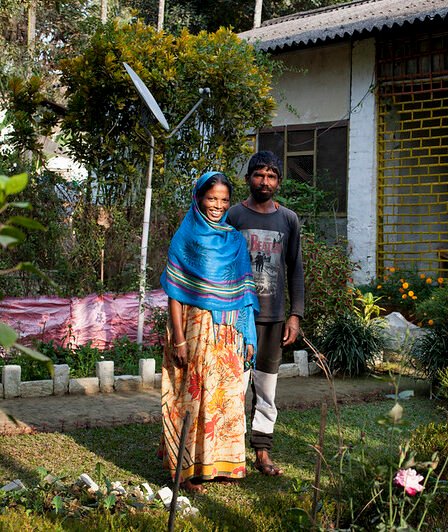- Status: On-track
Project overview
This initiative will use a rights based community-focused approach developed by Care International to address WASH issues in three Assam tea estates.
Project partners
Taylors of Harrogate, Unilever


By taking women’s needs into consideration, water, toilets and hygiene can be accessible for all.
Safe water, sanitation and hygiene (WASH) are vital – particularly for women, who face additional challenges from menstruation, and the of risk violence and harassment when unable to use a private toilet.
Many tea workers still don’t have reliable access to these essential services at work or at home on tea estates. Following an assessment in 2023, we have identified significant gaps in women’s WASH needs in three tea gardens in Assam, India, and are developing an initiative to address them.
Project overview
This initiative will use a rights based community-focused approach developed by Care International to address WASH issues in three Assam tea estates.
Project partners
Taylors of Harrogate, Unilever